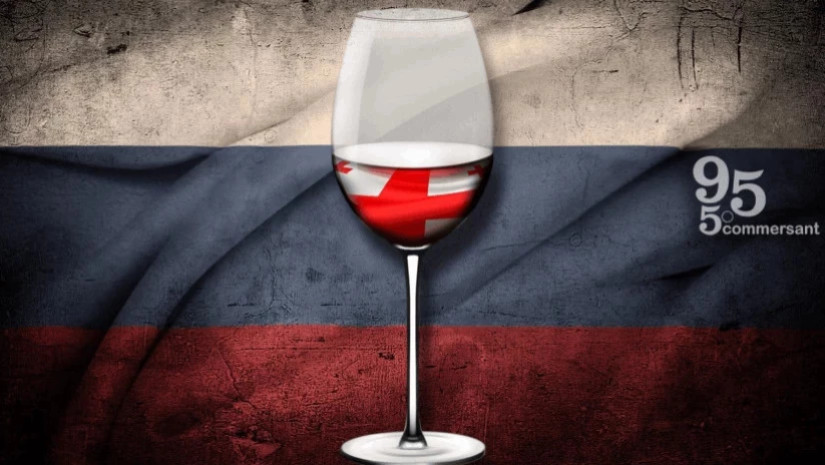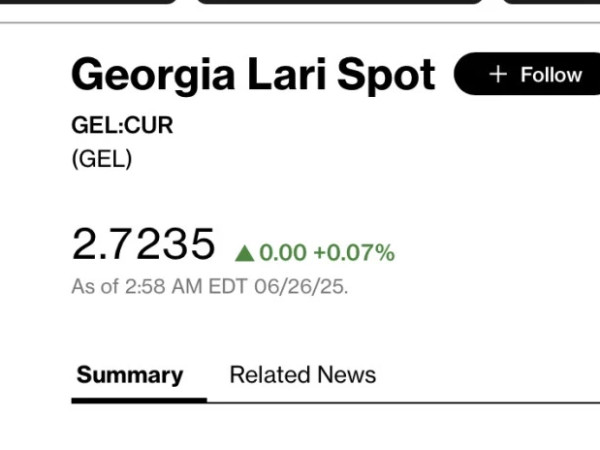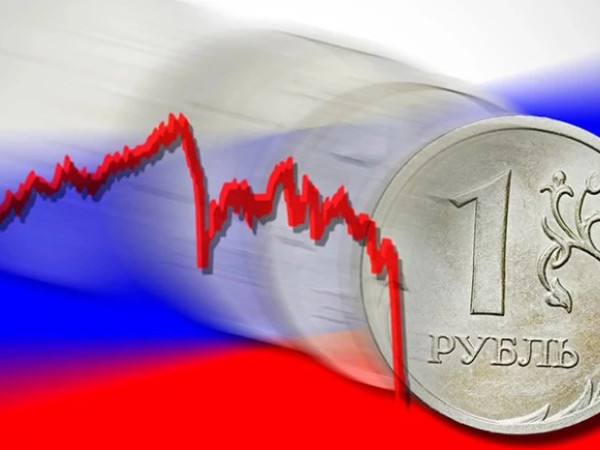Sales of Georgian wine on the Russian market are slowing down. Irakli Uglava, Ceneral Director at Askaneli Brothers, says to Commersant that the increase in customs duties in Russia has led to an increase in wine prices on the shelves. According to him, the price of a bottle of Georgian wine on the Russian market has soared by a dollar or a dollar and 20 cents. If converted into Russian currency, the price hike will be about 100 rubles.
"The increase in excise duty affected the product price, as a result, sales of Georgian wine on the Russian market slowed down." Roughly speaking, the price of a bottle of wine on the store shelves has increased by a dollar and 20 cents. If we used to sell the product on the shelf for 500 rubles, now it costs 600 rubles. An increase of 100 rubles or a dollar and 20 per bottle is not a small amount when it comes to a product that costs 4-5 dollars and is sold on a mass scale. "The price hike in dollars is not an insignificant change for the consumer that affected sales," Irakli Uglava notes.
CEO at "Askaneli Brothers" believes that sales of Georgian wine in Russia will decrease by 10% annually. Irakli Uglava points out that European wines have become even more expensive than Georgian ones in Russia. He expects that given the current situation, demand for Georgian wine may remain, since, despite the rise in prices, it remains a cheap alternative on the market.
,,I expect the maximum annual decline to be around 10-15%. Sales may not even decrease. We also have new partners and are working as usual. I do not expect sales to decline by more than 10% year-on-year. They may not change and remain the same. There are also European wines on the market that are sanctioned and subject to even higher taxes. So, wine consumers will no longer be able to buy European wine and will switch to cheaper ones. It turns out that we are relatively cheap. Italian and Spanish wines accounted for the largest volumes on the Russian market. “When the excise tax for us tripled, they introduced an additional tax of $2 for them that even further made then more expensive,” says Irakli Uglava.


















